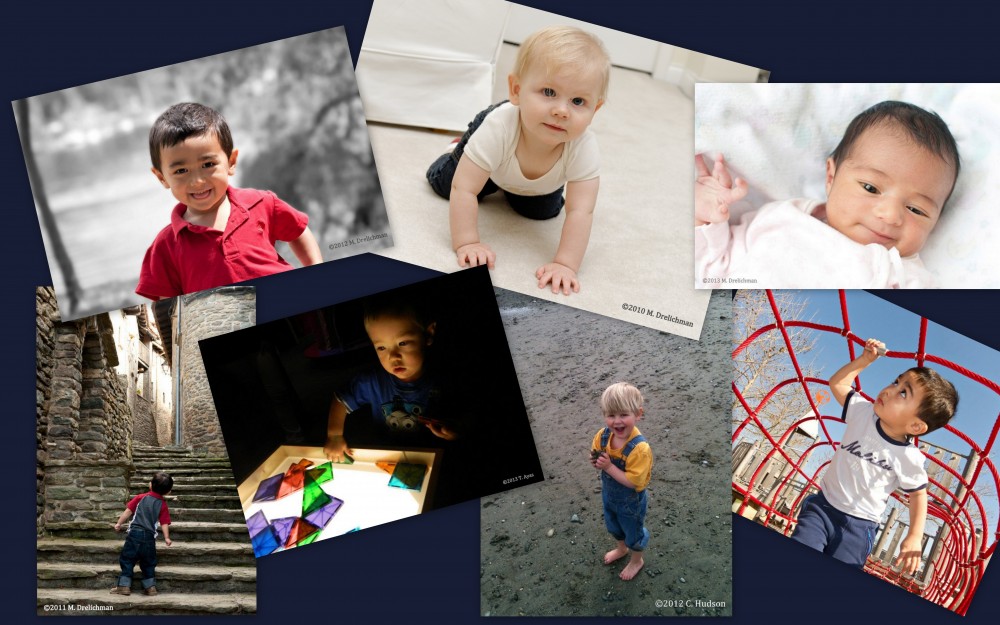I’m happy to be able to say that “The impact of conditioning variables on the acquisition of variation in adult and child learners” in now out in the recent issue of Language. (Note, it’s not open access.)
Abstract: “Natural human languages often contain variation (sociolinguistic or Labovian variation) that is passed from one generation of speakers to the next, but studies of acquisition have largely ignored this, instead focusing on aspects of language that are more deterministic. Theories of acquisition, however, must be able to account for both. This article examines variation from the perspective of the statistical learning framework and explores features of variation that contribute to learnability. In particular, it explores whether conditioning variables (i.e. where the pattern of variation is slightly different in different contexts) lead to better learning of variation as compared to when there are no conditioning variables, despite the former being conceptually more difficult. Data from two experiments show that adult learners are fairly good at learning patterns of both conditioned and unconditioned variation, the latter result replicating earlier studies. Five-to-seven-year old children, in contrast, had different learning outcomes for conditioned versus unconditioned variation, with fewer children regularizing or imposing deterministic patterns on the conditioned variation. However, the children who did not impose deterministic patterns did not necessarily acquire the variation patterns the adults did.”

 Follow
Follow comments feed
comments feed